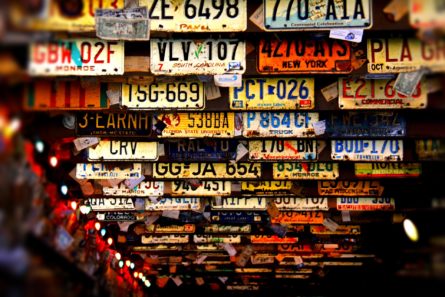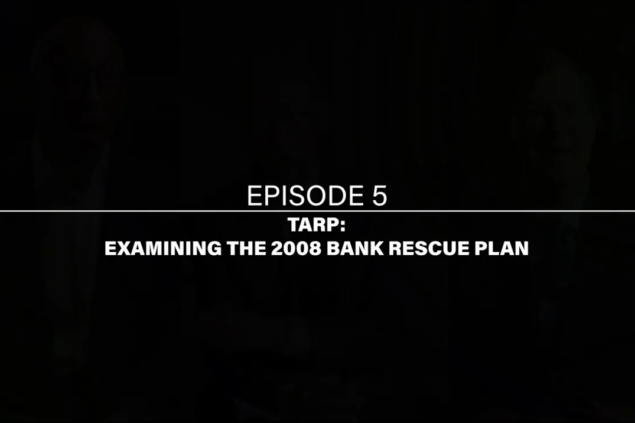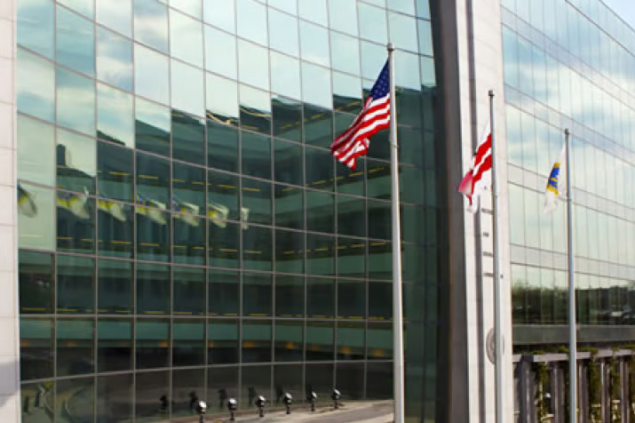Speech Police at the DMV: Regulation and Arbitrary Rule
Wen Fa

Vague laws invite arbitrary power. Laws that require regulators to censor speech they find offensive, for example, give them free rein to make decisions that are arbitrary, biased, and unjust.
Just ask University of Southern California professor Jon Kotler.
Mr. Kotler is a First Amendment expert who has argued before the Supreme Court of the United States. He’s also a diehard soccer fan. His interest in the sport began in the 1950s, when he heard, on the radio at a barbershop, of the Munich air disaster that took the lives of seven soccer players from the Manchester United soccer team. For over the last decade, Mr. Kotler has held season tickets for the Fulham soccer team, and travels each year from Los Angeles to London to watch the team play at Craven Cottage — its majestic stadium on the banks of the River Thames.
Fulham is one of many teams that’s referred to by the color of its jerseys. Liverpool is known as the Reds. Chelsea is known as the Blues. Supporters of Fulham, which wears white jerseys, support the team with the cheer “Come on You Whites” (COYW for short), which appears in the team’s Twitter hashtags, in the team’s letters to fans, and in news reports by reputable outlets such as NBC.
To celebrate a historic run by the soccer team, Jon Kotler applied for the personalized license plate configuration “COYW.” But the California DMV denied it under a regulation that instructs the Department’s bureaucrats to reject any proposed configuration they find “offensive to good taste and decency.”
Give me a break. Not everyone knows what the acronym means, but everyone who knows what it means knows it’s not offensive.
Mr. Kotler is hardly alone in his encounter with the California speech police. A recent news report revealed that the Department employs four bureaucrats, who review sources such as Google Translate and Urban Dictionary in deciding who gets to express themselves through personalized license plates and who doesn’t. The Department has denied proposals such as ZINRED (because the color “red” could signal gang affiliation), NO2KOCH (because of potential confusion with body parts), and MOBYCAT (same reason). The Department denies license plates containing 69, unless that is, the applicants want it for a vehicle made in 1969.
All this highlights the problems with overbroad restrictions on speech. The regulators who enforce them must censor speech on a whim. Which viewpoints create a hostile environment? Which trademarks are disparaging? Which license plates are offensive? Without clear standards for enforcement, broad regulations on speech invite arbitrary decision-making, and allow regulators to inject their own biases into the law.
A recent Supreme Court case invalidating a broad restriction on “political” apparel at polling places illustrates this problem. Pressed by Justice Alito at argument, the government’s attorney stated that t-shirts containing the text of the First Amendment would be allowed in polling places. T-shirts containing the text of the Second Amendment? Political and banned. Laws that ban offensive speech, like laws that ban political speech, are unworkable in practice and unacceptable in a nation that values the rule-of-law. Fortunately, Americans can rely on the First Amendment to police the speech police.

Topic
Sponsor
Federalist Society’s Civil Rights Practice Group
The Federalist Society and Regulatory Transparency Project take no position on particular legal or public policy matters. All expressions of opinion are those of the author(s). To join the debate, please email us at [email protected].




